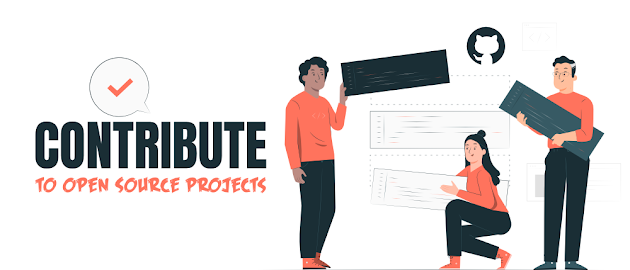A Beginner's Guide: How to Start Learning Flutter
Introduction:
In the dynamic world of mobile app development, staying ahead of the curve is crucial. Flutter, Google's UI toolkit for building natively compiled applications for mobile, web, and desktop from a single codebase, has gained immense popularity for its flexibility and efficiency. If you're looking to dive into the world of Flutter, this guide will help you get started on your learning journey.
1. Understand the Basics:
Before you start learning Flutter, it's essential to have a solid understanding of the basics of programming and the Dart programming language. Dart is the language used to write Flutter apps, so familiarize yourself with its syntax, concepts, and features.
2. Set Up Your Development Environment:
The first step is to set up your development environment. Install Flutter and Dart SDKs on your machine, and configure your preferred code editor (such as Visual Studio Code or IntelliJ) with the necessary plugins for Flutter development.
3. Explore Flutter Documentation:
Flutter has comprehensive documentation that serves as an excellent resource for beginners. Start with the official Flutter documentation (https://flutter.dev/docs) to get an overview of Flutter's capabilities, features, and best practices. Understanding the documentation will be key to becoming proficient in Flutter development.
4. Follow Online Tutorials:
There are numerous online tutorials and courses that cater to beginners. Websites like Udemy, Coursera, and freeCodeCamp: Youtube channels like The net ninja, Vandad and dbs tech offer courses on Flutter development. Follow these tutorials step by step, as they often cover a wide range of topics, from building simple apps to more complex projects.
5. Hands-On Coding:
The best way to learn Flutter is by doing. Start with small projects and gradually increase the complexity as you become more comfortable. Hands-on coding will help you internalize the concepts and reinforce your understanding of Flutter's architecture.
6. Join the Flutter Community:
Flutter has a vibrant and active community. Join forums like the FlutterDev subreddit (https://www.reddit.com/r/FlutterDev/) or the official Flutter Discord channel to connect with other developers, ask questions, and share your experiences. Learning from the community can provide valuable insights and tips.
7. Build Real-World Projects:
To solidify your skills, try building real-world projects. Choose projects that align with your interests or address specific challenges. Building practical applications will not only enhance your portfolio but also showcase your abilities to potential employers.
8. Stay Updated:
The tech industry evolves rapidly, and Flutter is no exception. Stay updated with the latest Flutter releases, updates, and best practices. Following Flutter-related blogs, attending conferences, and participating in webinars can help you stay current with industry trends.
9. Contribute to Open Source:
Consider contributing to open-source Flutter projects on GitHub. This will not only provide you with practical experience but also expose you to industry-standard coding practices and collaborative development workflows.
10. Seek Feedback and Iterate:
Share your code with others, seek feedback, and be open to constructive criticism. Iterative learning is crucial in mastering any technology. By continuously improving your code and learning from your mistakes, you'll grow as a Flutter developer.
Conclusion:
Embarking on the journey to learn Flutter can be both challenging and rewarding. With dedication, hands-on practice, and active engagement with the Flutter community, you can build a strong foundation in Flutter development. Remember, the key is to enjoy the learning process and embrace the opportunities for growth that Flutter offers in the ever-evolving world of app development. Happy coding!😊










Thanks a lot 🙏🙏
ReplyDelete